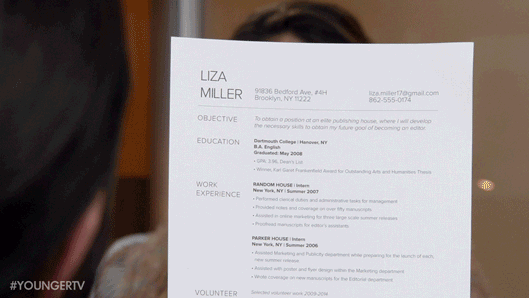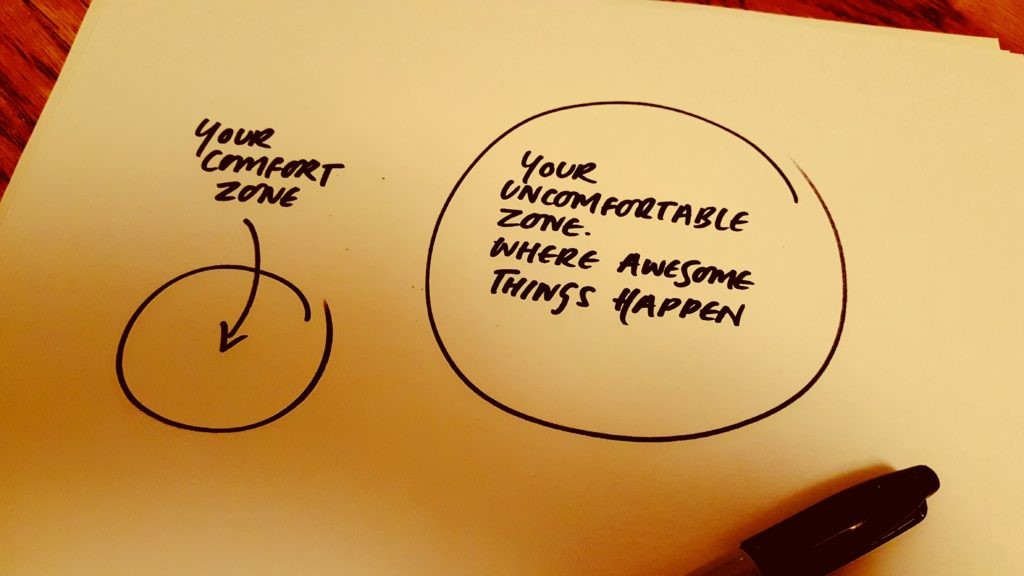When opportunity knocks and you’re presented a chance to pursue a career beyond the comforts of your home country… You’ve got a big decision laid on your plate.
This is a decision that could even paralyse highly capable job seekers, causing them to lose an opportunity which may never present itself again for years.
To help make your life (and career thought process) simpler, we honed in on a list of important questions you should ask yourself before deciding to take the big leap.
“Will this job make me more valuable in future?”
This should be a no-brainer.

If this overseas placement will help you expand your existing skillset, or add new professional abilities on top to what you already have, you should seriously consider taking up this opportunity.
So should you decide to move elsewhere or return home in the future, you would have an improved resume v2.0 – complete with an attractive mix of your academic achievements, your current abilities, and all the new skills you’ve gained abroad.

Be prepared to share with your prospective employer how this overseas experience helps you in terms of gaining transferrable skills that translate into value creation (usually in dollars and cents).
Ready examples of how you have picked up and applied new skills that proves your ability (and willingness) to excel in uncomfortable positions will position you more attractively in the eyes of your next employer.
“Is the employer you’re considering to move abroad for – a reputable brand name?”

Without a doubt, working for a recognised industry name, especially in an overseas setting, will give your professional reputation an added face-lift.
While smaller companies may not have much of a choice when it comes to sending someone to an overseas office, bigger names have a large pool of talent to choose from – and by choosing you, the organisation has given you a ringing endorsement which speaks volumes about your personal and professional capabilities.
“How well do I know the host country?”
Of course, your decision should also take non-company-related matters into consideration.
Travelling is frequently romanticised, but in actuality?
Moving abroad for work is different from going on vacation because you get exposed to a country’s imperfections and challenges as well.

Being away from the comforts of homes will force you to meet new people, get lost and adjust to local customs. It will be a challenge to upkeep relationships back home as well.
But for certain – for anything or anyone you lose, this will be confidence, development, independence, friends, and adventures gained.

If you’re transferred from your home country to another office, it’s quite often you don’t get to decide which country you choose to live in.
Hence, your level of familiarity with the host country is an important factor. This means being aware of what you can, or cannot do in your host country during the duration of your stay as an expatriate.
You might want to answer the following:
- Can I speak the local language?
- How familiar am I with the locals and their culture?
- Can I adapt to the local cuisine? (Don’t underestimate this, as you’ll be eating multiple meals a day, every day!)
- Will I be able to comfortably plan for my accommodation, finances, and other lifestyle/ living expenses during my stay?
You don’t need to answer “yes” to every question, but the more times you’ve answered “yes”, the surer you can be of confidently fitting in with your host country.

Be sure to do your homework on the host country. Reach out to people or friends who have experienced living in that country. If you have a recruiter responsible for your job assignment abroad, make use of them to get more information on relocation support. In our case, our BGC consultants are always happy to lend a hand.
"How can I get the support of my family?"
If you’ve read this far and still feel that working abroad sounds like a good career path for you… that’s fantastic!

Your final step, will be to get your family’s support. After all, you want them to be happy for you, and not worry about your well-being while you’re away. Now this could be easier for the younger ones in their 20s to early 30s with fewer family commitments.
Time favours the young – when you get settled into relationships and a career, uprooting could get tougher (but not impossible).
Living abroad widens your horizons in every sense of the word. It’s a chance for personal development.
For the rest of us, when we choose to accept work abroad, your family’s situation is something you should factor into your overall risk analysis. Things to consider include:
- The age and health of your parents and other family members under your care. If they were to remain in your home country, will there be someone who can take over your care-taking duties in your absence in any event of need?
- The effect that living abroad will have on your partner and children who come along. Would your move impact the long-term prospects of other family members?
- What social opportunities are available for members who are relocating together with you?
The best way to get their support, is to simply speak with them.
Be honest and share your thoughts, feelings, and ambitions with them. Let them know if you intend on working overseas for a long time, or if this is a short-term plan – with a longer-term goal of bettering your career prospects when you return home.
A closing note
Taking up an overseas posting can be a career-changer or even an exciting, life-altering experience that will open up many doors for your future.
These opportunities are also rare and don’t come by every day.
So if there’s your chance, seize it!
Liked this article?
Subscribe to our newsletter to receive articles and job updates like this delivered right to your mailbox!
On a side note, here are what some Singapore Millennials got to say about working and living abroad:
Also, here are some relevant reads that might be interesting:
- 5 things to consider before you work overseas
- Translating overseas experience into a successful resume
- 8 Great Reasons Why You Should Work oIn Your 20s
